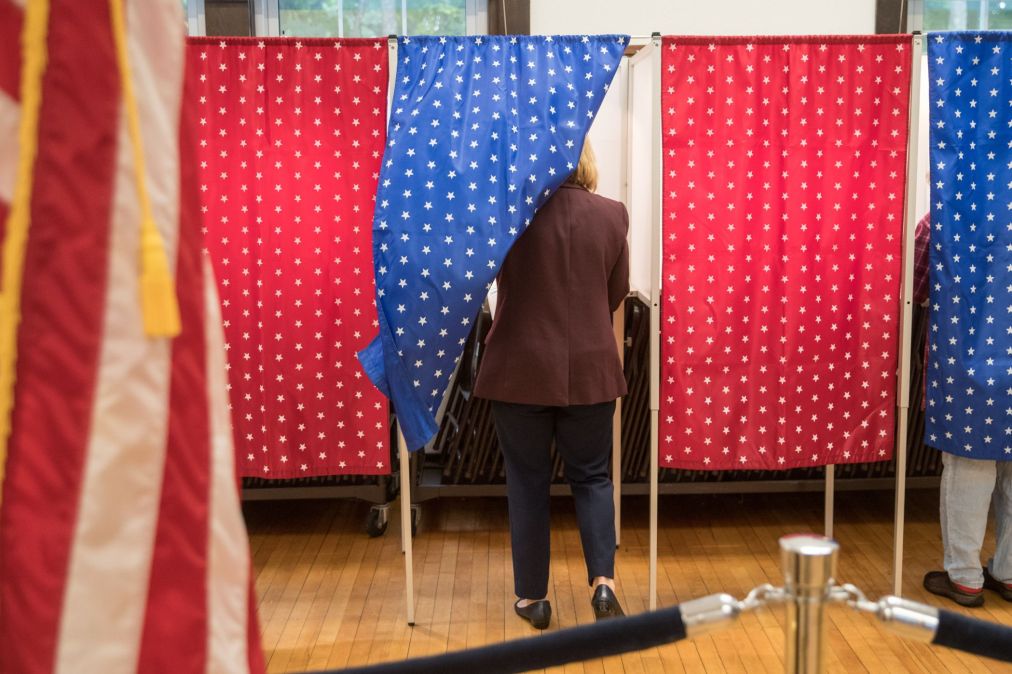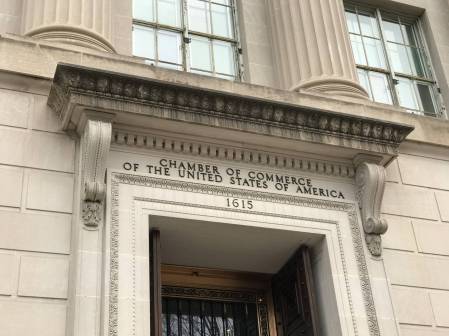Law enforcement is searching for new ways to protect elections

A new coalition of election administrators and law enforcement officials met in Washington on Wednesday to develop strategies for connecting their respective communities to push back against a rising tide of online and physical threats against the voting process.
Members of the Committee for Safe and Secure Elections, which announced its formation in June, said during the meeting that historically law enforcement officers have not had much interaction with election administrators in their communities. But that needs to change, attendees said, as election administrators have been bombarded by threats, intimidation and harassment, much of it fueled by persistent falsehoods about voting technology and the 2020 presidential election.
“Law enforcement officers go through all sorts of training,” Larimer County, Colorado, Sheriff Justin Smith said during the meeting. “We never learn about election law. Nothing back in the day with ballot security.”
Smith said Colorado officials have developed a guide to state election law that’s available to every police officer.
Several states, including Colorado, have in recent months introduced new laws and regulations tightening access to election technology and polling places, with some adding stiffer criminal penalties.
The committee members also used their meeting to promote a five-step plan to better acquaint election and law-enforcement officials, a list that includes meeting and sharing contact information with counterparts, agreements to work together regularly, drafting incident-response plans, sharing information and practicing scenarios through tabletop exercises.
“It’s really the first time there’s been a coordinated cross-sector effort to partner law enforcement and election officials all working to make sure every voter can vote without worrying about the security around them,” said former Pennsylvania Secretary of the Commonwealth Kathy Boockvar, who’s now vice president of election operations at the Center for Internet Security.
Boockvar told StateScoop the committee’s goals tie in with the work she does at CIS, which houses the Elections Infrastructure Information Sharing and Analysis Center, which supports about 3,500 election offices nationwide. She said the EI-ISAC has added more resources, including webinars, addressing physical security on top of its primary cybersecurity goals.
“The cybersecurity ecosystem covers a lot of things. A lot of these threats and intimidation are made online,” she said. “It’s important to have an organization like the EI-ISAC, and connecting to make sure all our members have the resources they need.”






